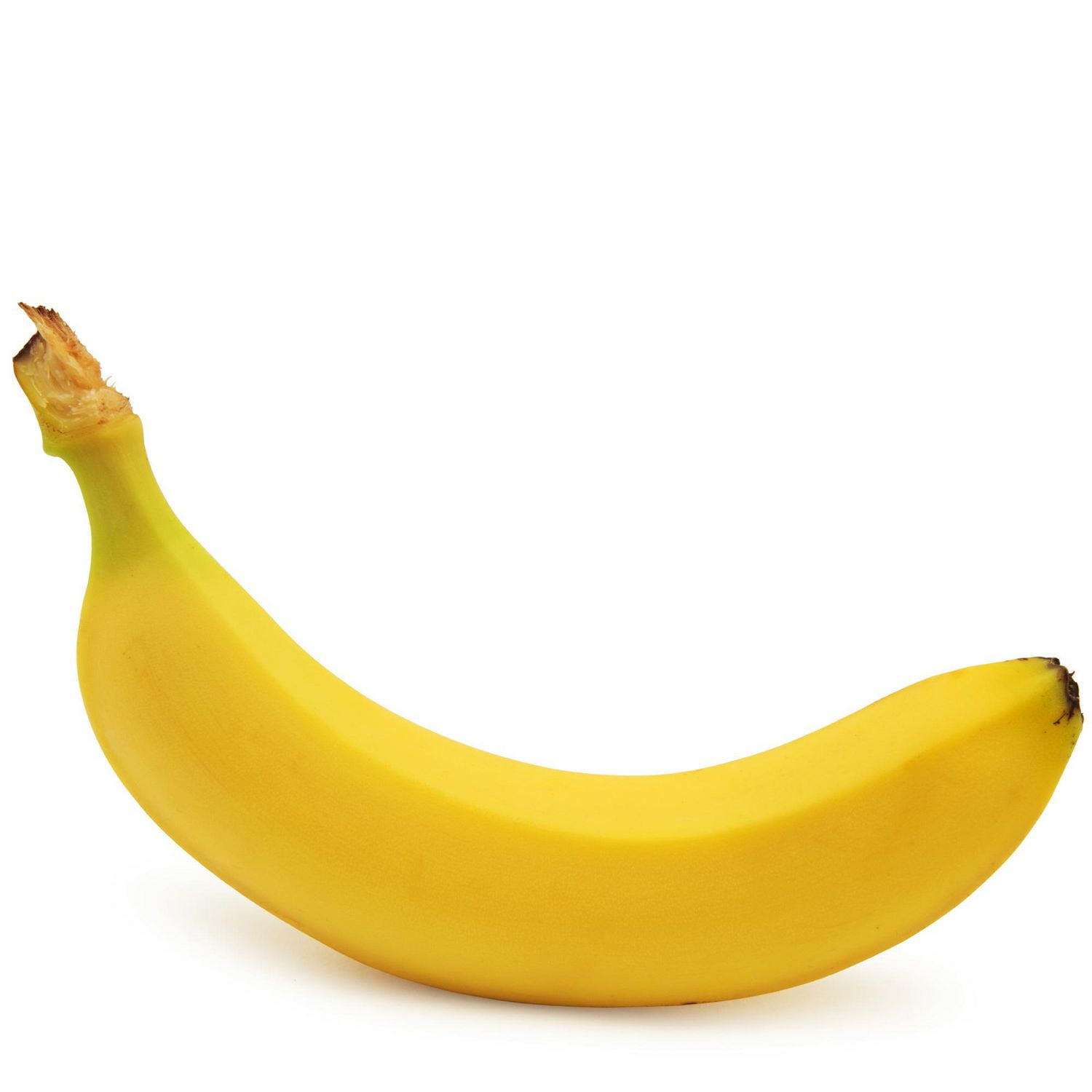| Line 45: | Line 45: | ||
<tr> | <tr> | ||
<td><img src = "https://static.igem.org/mediawiki/2018/3/3f/T--TPHS_San_Diego--Fig1.png"></td> | <td><img src = "https://static.igem.org/mediawiki/2018/3/3f/T--TPHS_San_Diego--Fig1.png"></td> | ||
| + | <td> | ||
| + | The levels of chitinolytic activity were measured using a serial dilution of chitinase to test to see that an increase in chitinase concentration is correlated to increased chitin degradation. As the concentration of chitinase decreases from left to right, there is a decrease in absorbance/color showing that there is, in fact, a direct correlation. | ||
| + | </td> | ||
</tr> | </tr> | ||
</table> | </table> | ||
Revision as of 01:36, 16 October 2018
Results
This experiment has two parts: one tested the effectiveness of chitinase breakdown using our synthesized strain of ChiA and the other tested the ability of said strain tobe mutated and we used mathematical models to predict whether or not enzyme evolution via error prone PCR is possible.
In proving the ability of GST-ChiA-FLAG (our synthesized construct) to secrete chitinase, we used two methods. In the solution assay there was significant chitinolytic activity and the levels of degradation were measured using colorimetric methods and absorbance measurements. (see Figure 1)
 |
The levels of chitinolytic activity were measured using a serial dilution of chitinase to test to see that an increase in chitinase concentration is correlated to increased chitin degradation. As the concentration of chitinase decreases from left to right, there is a decrease in absorbance/color showing that there is, in fact, a direct correlation. |

Caption: this is a banana!
More text...
More text...
More text...
More text...
More text...
More text...
More text...
